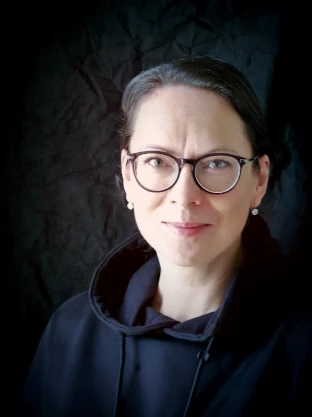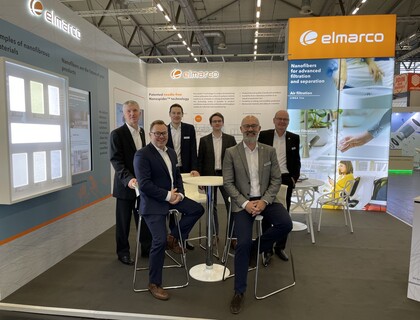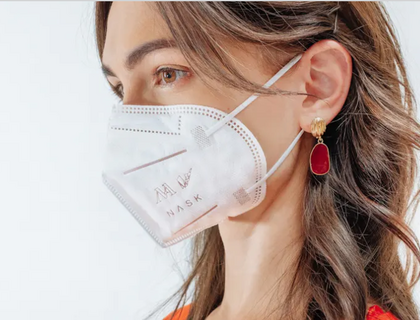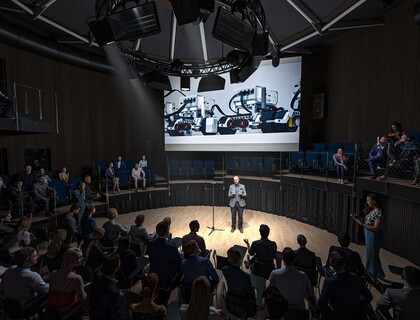
Doc. Ing. Eva Kuželová Košťáková, Ph.D.
Czech scientist and university teacher. Expert in the field of polymer nanofibre production technologies. She is a co-author of several patents worldwide not only in the field of electrospinning and several dozens of publications in the Web of Science database. Member of the Bioengineering team led by Prof. David Lukáš. She is mainly involved in materials engineering related to the creation of micro and nanofibrous materials with hierarchical structure by various spinning technologies for medical applications and their testing. However, in addition to the creation of fibrous materials, she is still close to the topics related to her dissertation work, the field of wetting of fibrous materials and testing the behavior of fibrous materials in contact with liquids. She is the guarantor of the Bioengineering undergraduate degree (bachelor) study programme. Her teaching focuses on Biomaterials for Medical Applications; Wetting of Fibrous Materials; Scaffolding for Tissue Engineering; Introduction to Bioengineering. She habilitated in Textile and Materials Engineering in 2014 with the topic Nanocomposite Materials. Since 2024, she has also served as Vice-Dean for Internationalization and Doctoral Studies at the Faculty of Science, Humanities and Education of the Technical University of Liberec.
-
Nanofibrous Materials for Medical Applications
Brief introduction to uniqueness of nanofibrous materials for medical applications as scaffolds for tissue engineering, wound dressings and drug delivery systems. A quick historical overview - inspiration in nature etc. Brief introduction to different types of technologies for production of polymeric nanofibers (DC and AC electrospinning, Drawing of individual fibers, Solution Blow Spinning, Centrifugal Spinning,...). Examples of different material application, combination of technologies for different applications. Advantages and disadvantages of the introduced technologies. The advantages of using different technologies for specific applications such as wound dressing, dental floss, surgical floss, vascular bandages, bone and knee cartilage scaffolds, protective clothing, drug delivery systems, etc. will be described. The workshop will include a demonstration of a large number of different samples. Samples will also be prepared for individual participants to take away. The workshop will also include a demonstration of a basic device for in-situ application of nanofibers by Solution Blow Spinning and/or centrifugal spinning and/or production of individual fibers by Drawing technology. Brief introduction to sterilization, packaging and storage of nanofibrous samples for medical applications.




